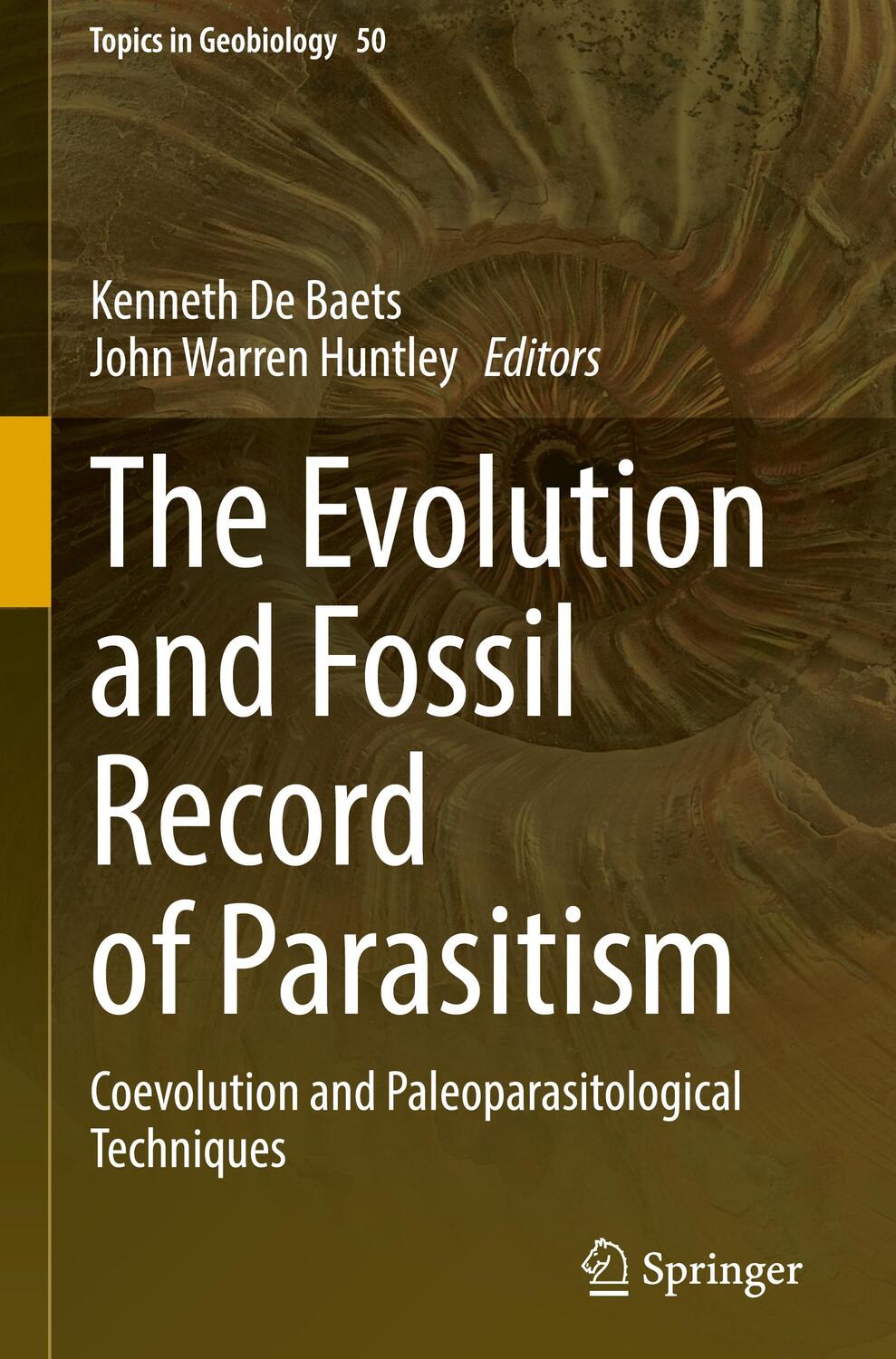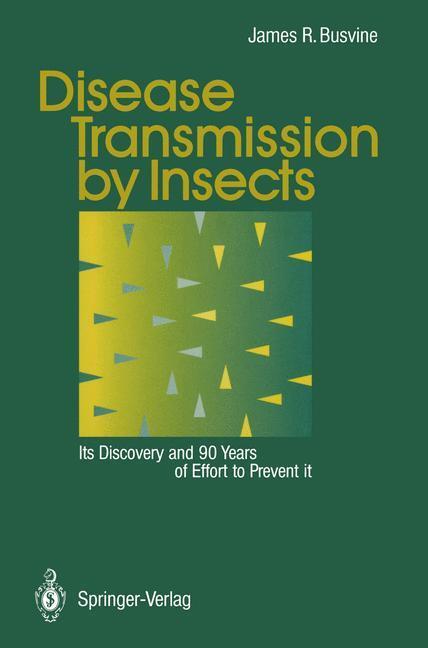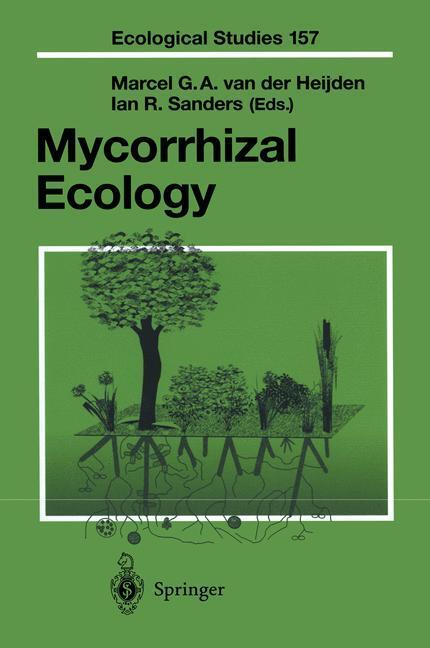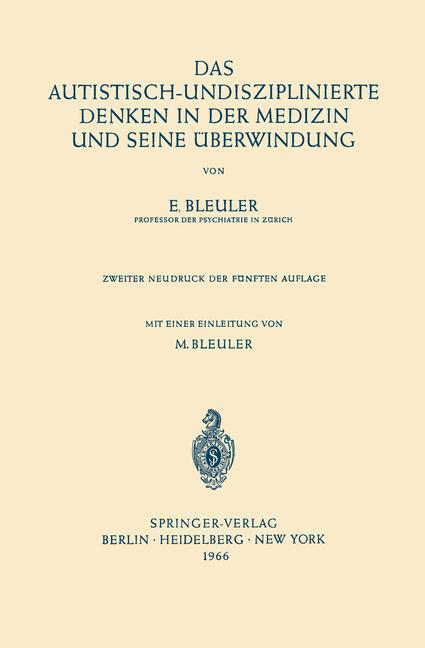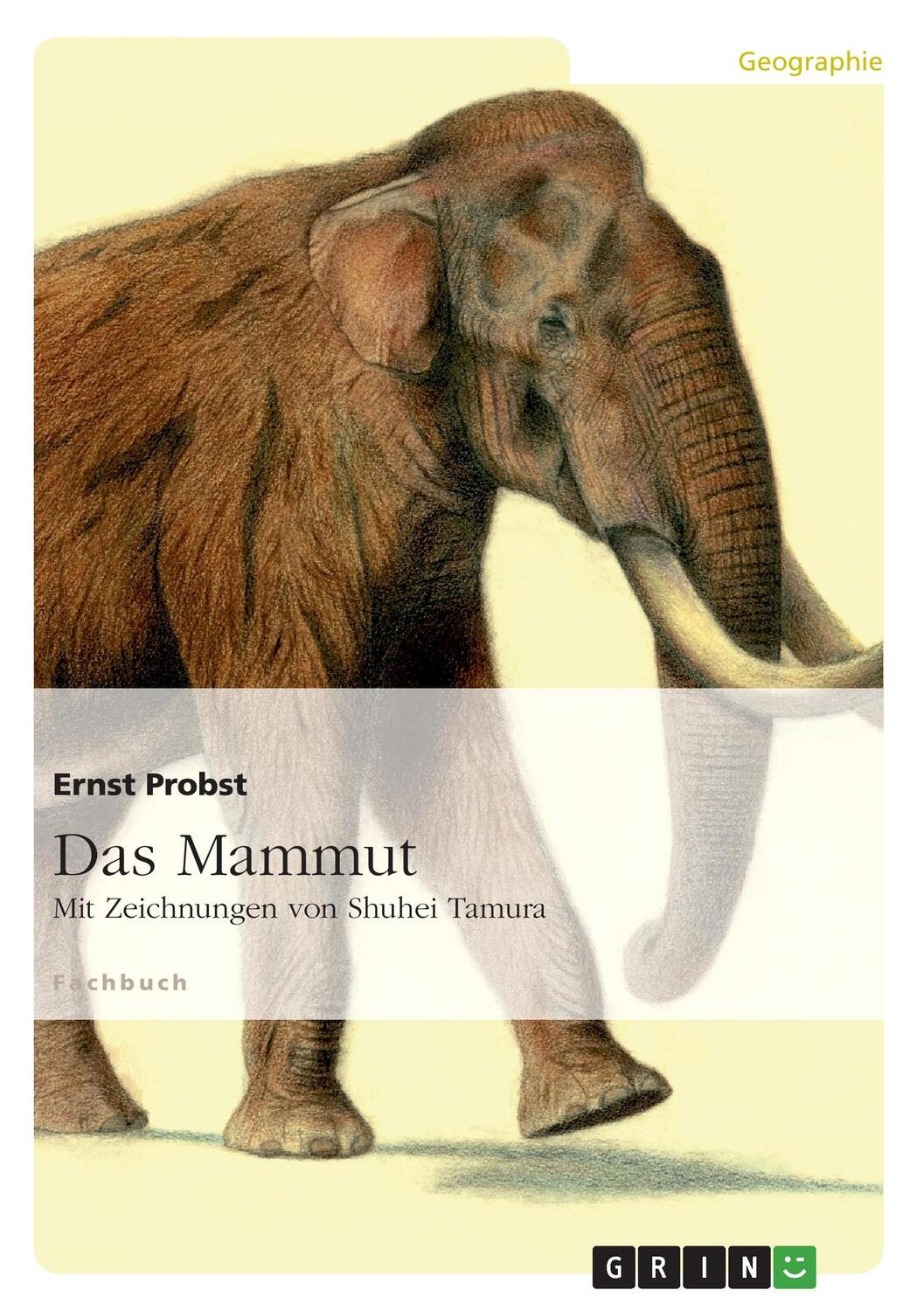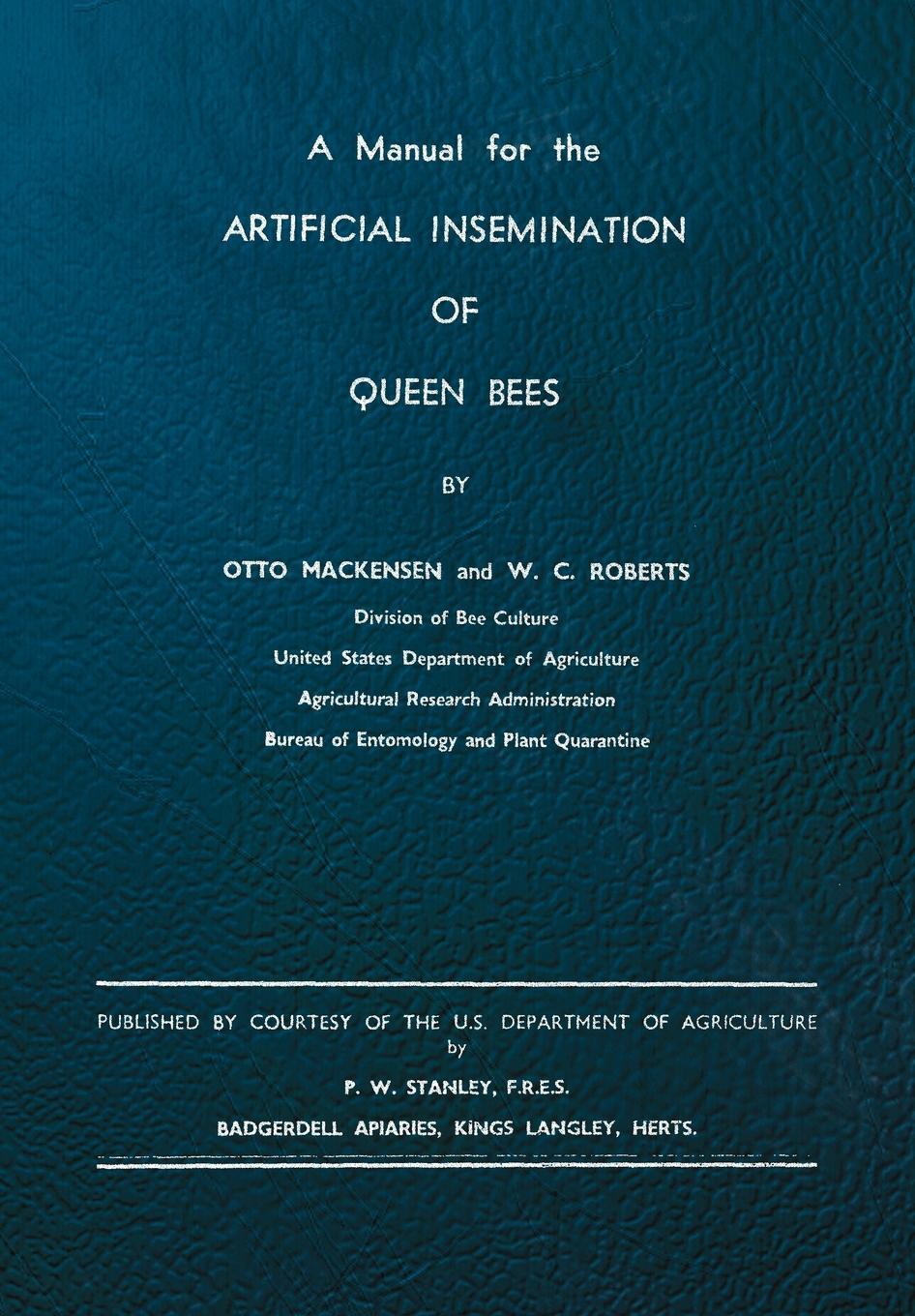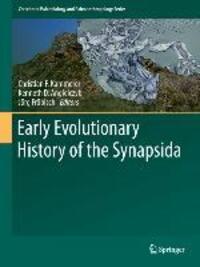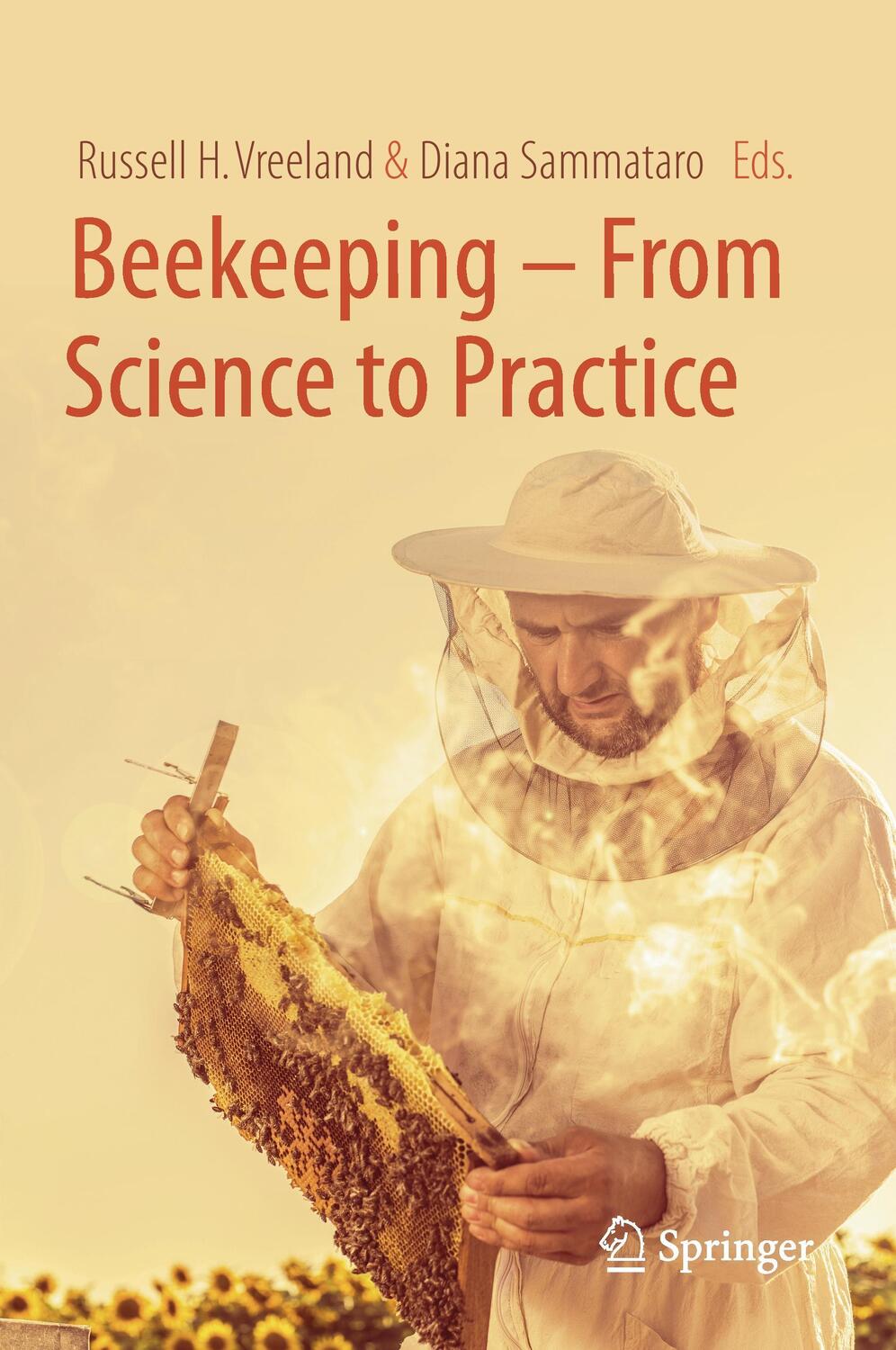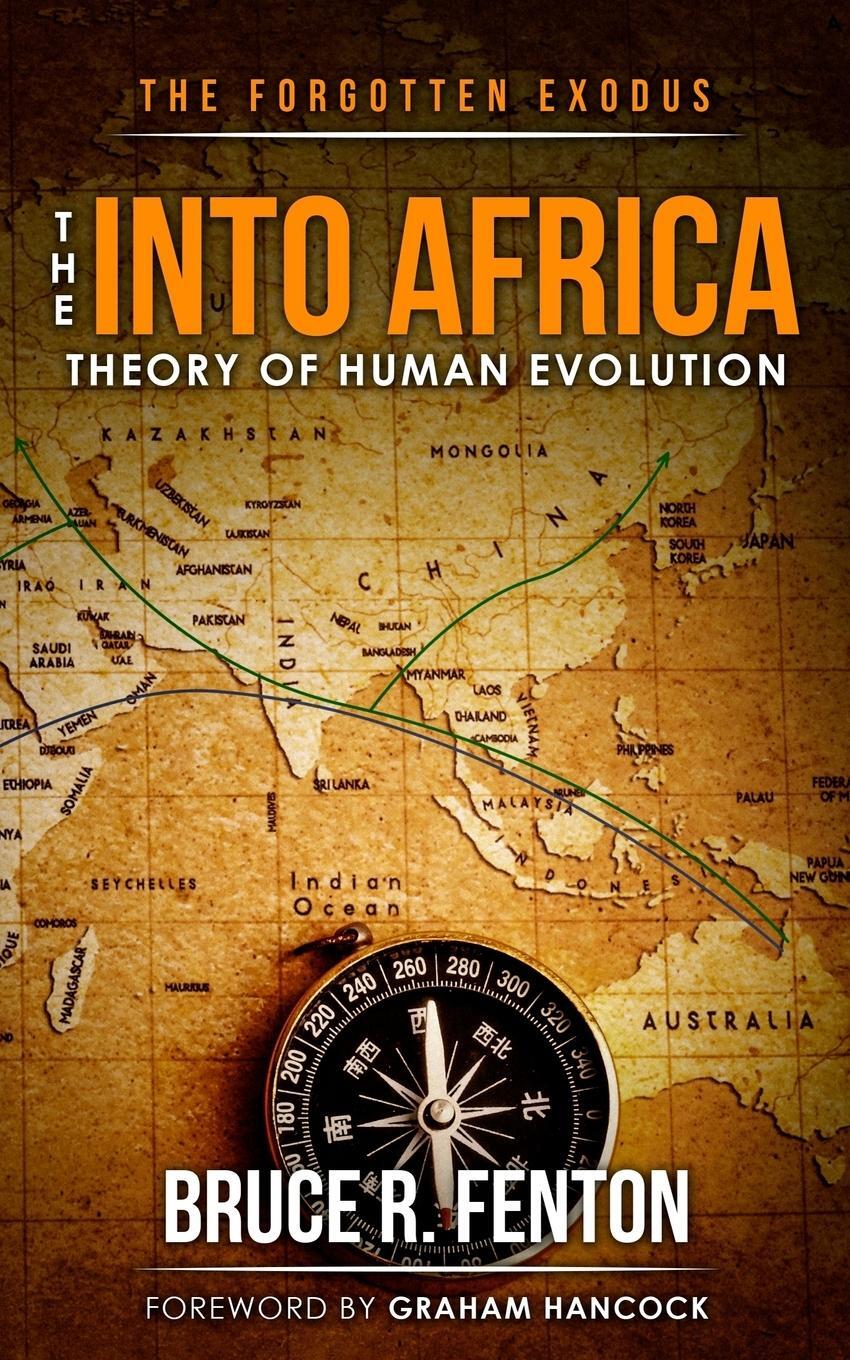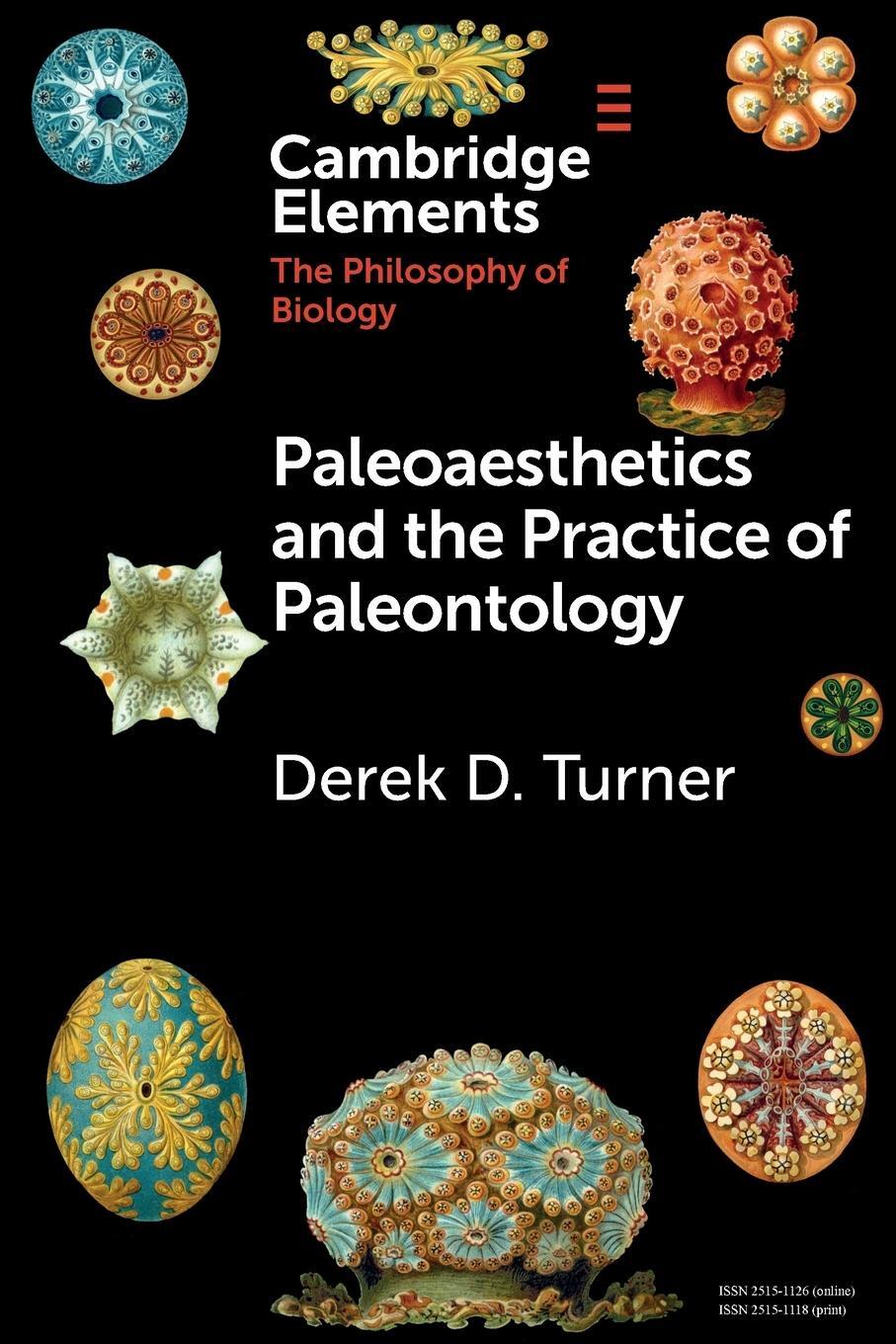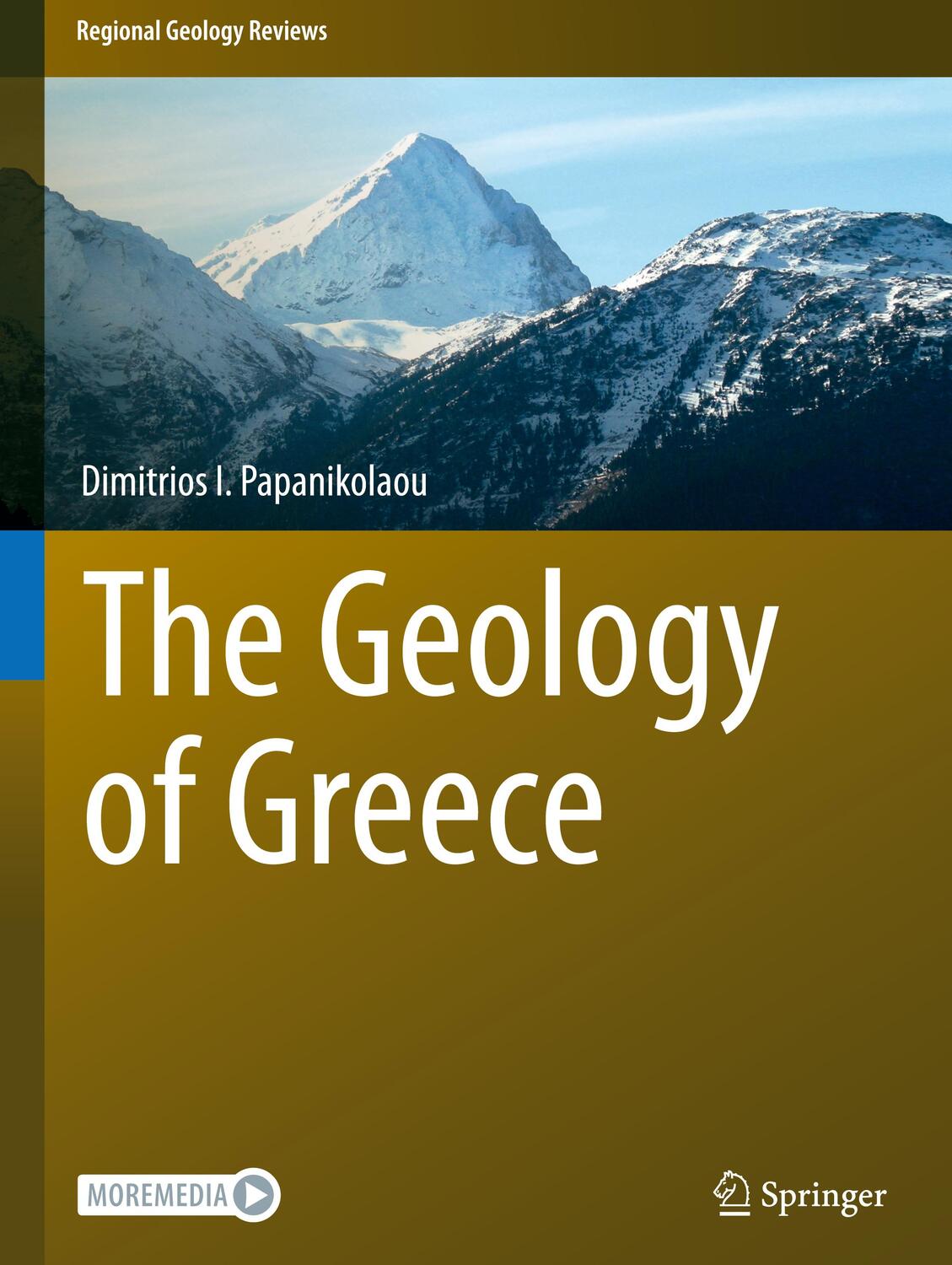157,95 €*
Versandkostenfrei per Post / DHL
Lieferzeit 2-3 Wochen
Volume two focuses on the importance of direct host associations and hostresponses such as pathologies in the geological record to constrain the role of antagonistic interactions in driving the diversification and extinction of parasite-host relationships and disease. To better understand the impact on host populations, emphasis is given to arthropods, colonial metazoans, echinoderms, mollusks and vertebrates as hosts. In addition, novel techniques used to constrain interactions in deep time are discussed ranging from chemical and microscopic investigations of host remains, such as blood and coprolites, to the statistical inference of lateral transfer of transposons and host-parasite coevolutionary dynamics using molecular divergence time estimation.
Volume two focuses on the importance of direct host associations and hostresponses such as pathologies in the geological record to constrain the role of antagonistic interactions in driving the diversification and extinction of parasite-host relationships and disease. To better understand the impact on host populations, emphasis is given to arthropods, colonial metazoans, echinoderms, mollusks and vertebrates as hosts. In addition, novel techniques used to constrain interactions in deep time are discussed ranging from chemical and microscopic investigations of host remains, such as blood and coprolites, to the statistical inference of lateral transfer of transposons and host-parasite coevolutionary dynamics using molecular divergence time estimation.
Dr. Kenneth De Baets is a paleobiologist at the Geozentrum Nordbayern in the faculty of Natural Sciences at Friedrich-Alexander University Erlangen-Nurnberg. He graduated from Ghent University with a Masters in Geology and earned his PhD in Evolutionary Biology at the University of Zürich. His main research focuses on documenting and interpreting the relative contributions of abiotic (e.g., climate) and biotic factors (e.g., parasitism) in driving large-scale patterns in the evolution of life and biomineralization.
Dr. John Huntley is an Associate Professor in the Department of Geological Sciences at the University of Missouri. He graduated from Appalachian State University with a Bachelors of Science in Geology in 2000, then earned his Masters in Geology at the University of North Carolina at Wilmington in 2003, and his PhD in Geosciences at Virginia Polytechnic Institute and State University in 2007. His main research interests include the fossil record of biotic interactions, stratigraphic and conservation paleobiology, and the evolution of morphological disparity.
Reviews the fossil record to calibrate the origin, evolution and extinction of parasite-host associations
Highlights and provides examples of fossilizable host responses and parasitic disease in host populations
Discusses data and techniques to screen ancient microscopic and molecular remains in hosts as well as methods to constrain parasite-host interactions from extant biomolecules
| Erscheinungsjahr: | 2021 |
|---|---|
| Fachbereich: | Allgemeines |
| Genre: | Geowissenschaften |
| Rubrik: | Naturwissenschaften & Technik |
| Medium: | Buch |
| Seiten: | 496 |
| Reihe: | Topics in Geobiology |
| Inhalt: |
viii
486 S. 28 s/w Illustr. 41 farbige Illustr. 486 p. 69 illus. 41 illus. in color. |
| ISBN-13: | 9783030522322 |
| ISBN-10: | 3030522326 |
| Sprache: | Englisch |
| Ausstattung / Beilage: | HC runder Rücken kaschiert |
| Einband: | Gebunden |
| Redaktion: |
Huntley, John Warren
De Baets, Kenneth |
| Herausgeber: | Kenneth De Baets/John Warren Huntley |
| Auflage: | 1st ed. 2021 |
| Hersteller: |
Springer International Publishing
Springer International Publishing AG Topics in Geobiology |
| Maße: | 241 x 160 x 31 mm |
| Von/Mit: | John Warren Huntley (u. a.) |
| Erscheinungsdatum: | 12.12.2021 |
| Gewicht: | 0,994 kg |
Dr. Kenneth De Baets is a paleobiologist at the Geozentrum Nordbayern in the faculty of Natural Sciences at Friedrich-Alexander University Erlangen-Nurnberg. He graduated from Ghent University with a Masters in Geology and earned his PhD in Evolutionary Biology at the University of Zürich. His main research focuses on documenting and interpreting the relative contributions of abiotic (e.g., climate) and biotic factors (e.g., parasitism) in driving large-scale patterns in the evolution of life and biomineralization.
Dr. John Huntley is an Associate Professor in the Department of Geological Sciences at the University of Missouri. He graduated from Appalachian State University with a Bachelors of Science in Geology in 2000, then earned his Masters in Geology at the University of North Carolina at Wilmington in 2003, and his PhD in Geosciences at Virginia Polytechnic Institute and State University in 2007. His main research interests include the fossil record of biotic interactions, stratigraphic and conservation paleobiology, and the evolution of morphological disparity.
Reviews the fossil record to calibrate the origin, evolution and extinction of parasite-host associations
Highlights and provides examples of fossilizable host responses and parasitic disease in host populations
Discusses data and techniques to screen ancient microscopic and molecular remains in hosts as well as methods to constrain parasite-host interactions from extant biomolecules
| Erscheinungsjahr: | 2021 |
|---|---|
| Fachbereich: | Allgemeines |
| Genre: | Geowissenschaften |
| Rubrik: | Naturwissenschaften & Technik |
| Medium: | Buch |
| Seiten: | 496 |
| Reihe: | Topics in Geobiology |
| Inhalt: |
viii
486 S. 28 s/w Illustr. 41 farbige Illustr. 486 p. 69 illus. 41 illus. in color. |
| ISBN-13: | 9783030522322 |
| ISBN-10: | 3030522326 |
| Sprache: | Englisch |
| Ausstattung / Beilage: | HC runder Rücken kaschiert |
| Einband: | Gebunden |
| Redaktion: |
Huntley, John Warren
De Baets, Kenneth |
| Herausgeber: | Kenneth De Baets/John Warren Huntley |
| Auflage: | 1st ed. 2021 |
| Hersteller: |
Springer International Publishing
Springer International Publishing AG Topics in Geobiology |
| Maße: | 241 x 160 x 31 mm |
| Von/Mit: | John Warren Huntley (u. a.) |
| Erscheinungsdatum: | 12.12.2021 |
| Gewicht: | 0,994 kg |

